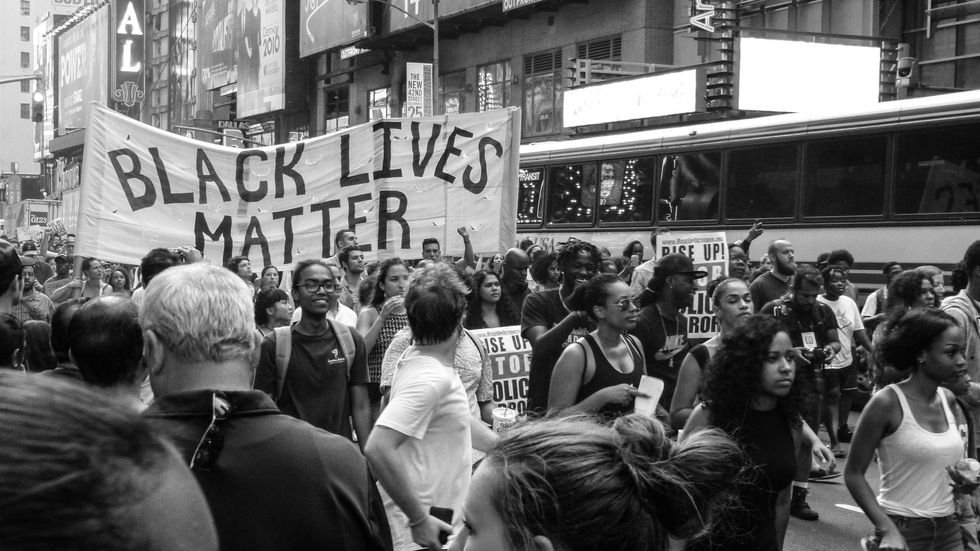White Americans frequently choose to avoid political discussions about race because discussions of race can be uncomfortable and polarizing, but we must have these hard conversations if we want to see a societal change in the future.
The recent murder of George Floyd by a police officer in Minneapolis has renewed the great American debate about race. Floyd's death was filmed as the officer kneeled on his neck, and the officer ignored his distress as he cut off his air supply. His death is yet another reminder of all of those murdered by police brutality against minorities. The public outrage following George Floyd's murder was a warranted response, and the Black Lives Matter protests that are still taking place throughout the U.S. are extremely important in the continued battle for civil rights. Moving forward, it is important that non-black Americans hold on to this outrage. It's not enough to simply feel sympathetic for George Floyd and his family. It's not enough to only care about racial injustice when it is convenient. The intense debates following Floyd's murder only emphasize how badly Americans need to talk about racial inequality in order to move forward. Of course, racism that is so ingrained in our society cannot be solved quickly, but it's important to find a place to start.
If you feel uninformed about the racial disparities in the United States, take the time to research systemic racism and educate yourself. Talking about race can be uncomfortable, but it is vital for social progress. Choosing to ignore the problem only further exacerbates the issues non-white Americans must deal with every day. I have heard many of my white friends complain that "Black Lives Matter" isn't inclusive. It is not meant to be. The United States has already established that white lives matter. America needs a reminder that violence against citizens because of their race is not acceptable. It does not need a reminder that white lives matter because white people will never be able to experience or fully understand the struggle that people of color go through every day. The rights of white Americans are already protected, yet we cannot say that the rights of black Americans are currently being protected. White Americans need to do better.
I am not the authority on how to navigate through these tough conversations. As a white American, it took me a long time to recognize my white privilege and to learn how to use my privilege to empower others. If you are a white American, support the Black Lives Matter movement by educating yourself, recognizing your privilege, and using your voice to advocate against violence against black Americans. It is not enough to simply remove yourself from the situation. Desmond Tutu once said: "If you are neutral in situations of injustice, you have chosen the side of the oppressor."

















